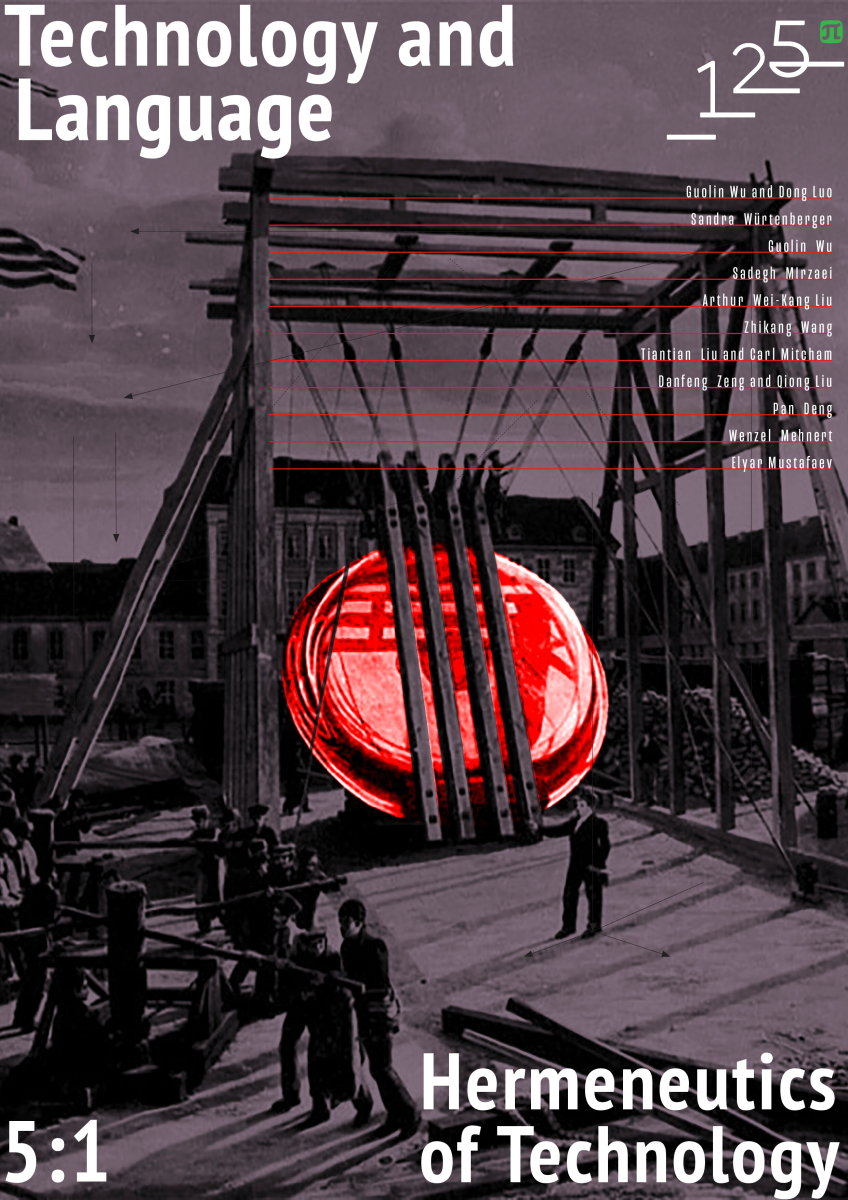Decaying Words: The Metaphor of Evolution in Language Becomes Literal in a Canadian Forest
In 2009, two Canadian poets Stephen Collis and Jordan Scott travelled to five different ecosystems within the borders of British Columbia (BC). At each location, they left a copy of the canonical text of physical anthropology, Darwin’s Origin of Species (1859), open to the elements, for one calendar year. The project, documented in the photographic book Decomp turned the poets’ usual mode of expression on its head: instead of manipulating words to create a final work of linguistic expression, the poets let nature dissolve the integrity of the book, leaving words and morphemes dangling in poetic fragments. The Decomp project allows us to reflect on the environmental influences on language, and the organic structure of language. The dominant metaphors that describe language come from the biological world, and from Darwin’s theory of evolution in particular. Languages can be said to evolve, mutate, grow, stagnate and even die. Like the words in Darwin’s text left to the elements, languages can be isolated by geographic factors and left to fossilize without continued exchange with other cultures (Doran 1954). In the forests B.C. the metaphorical mapping between biology and language becomes literal. We bear witness to the effects of entropy on the book and as the line between animate and inanimate agents blurs. As the poets piece together the fragments of Darwin’s prose in Decomp, we are confronted with such questions, confronted with the ephemeral nature of language and the acts of assembly we all perform every day in the face of linguistic change, and often, decay.



